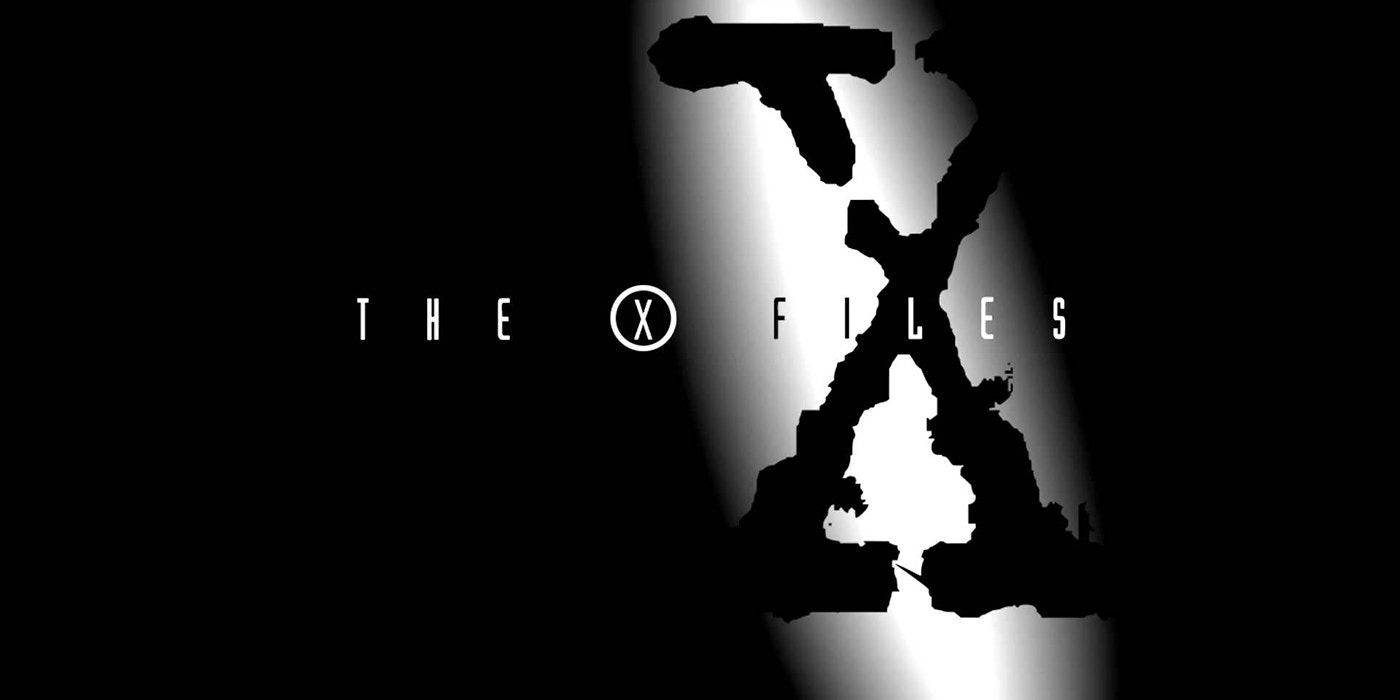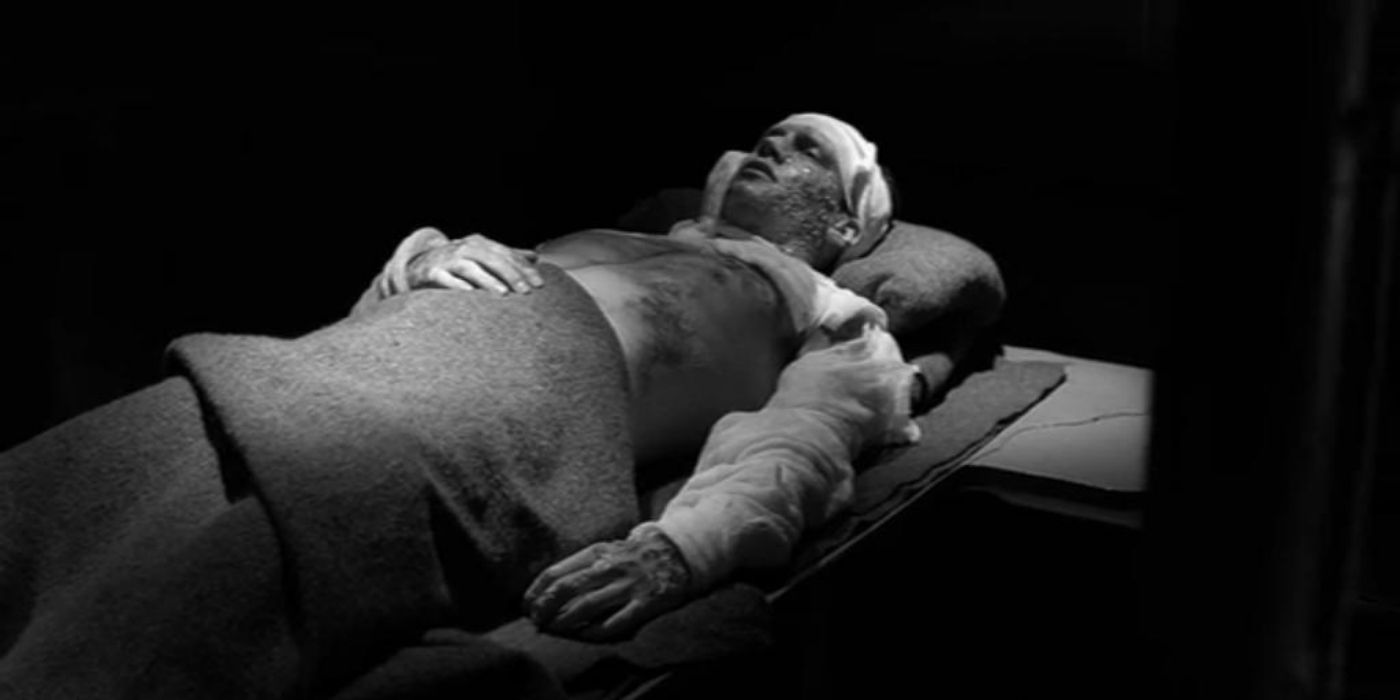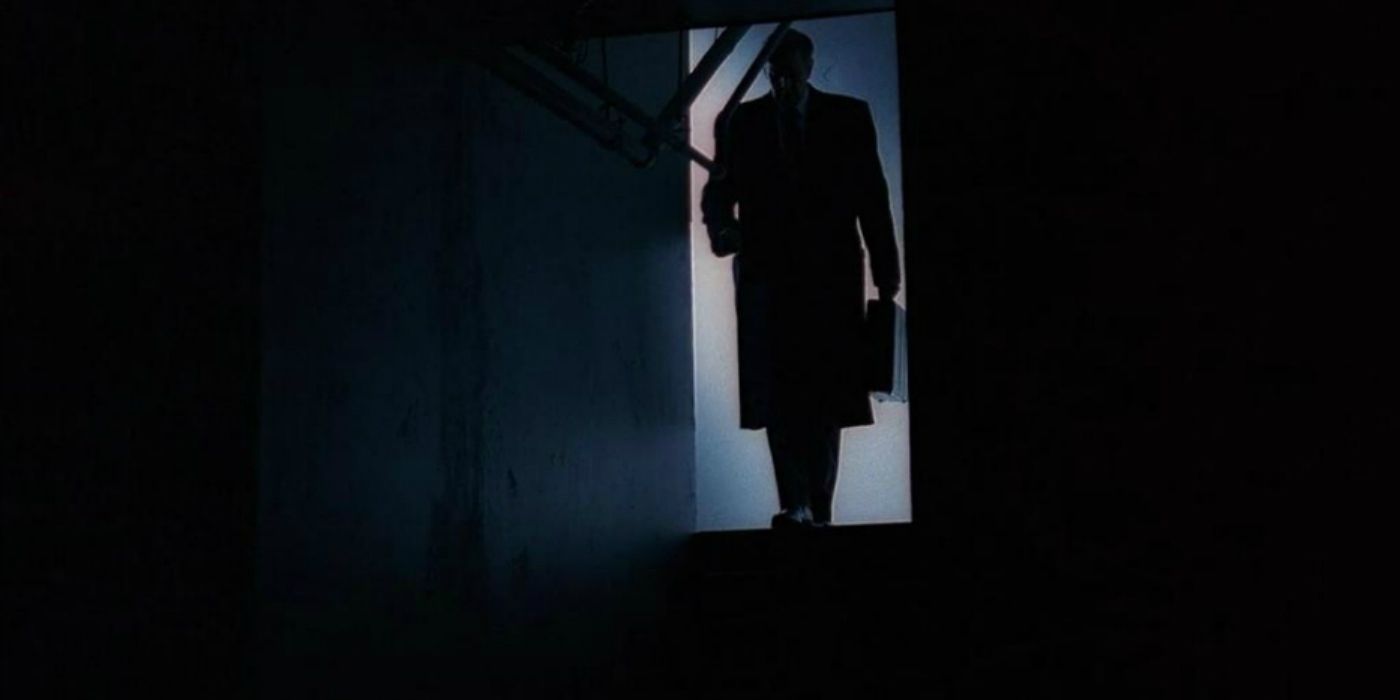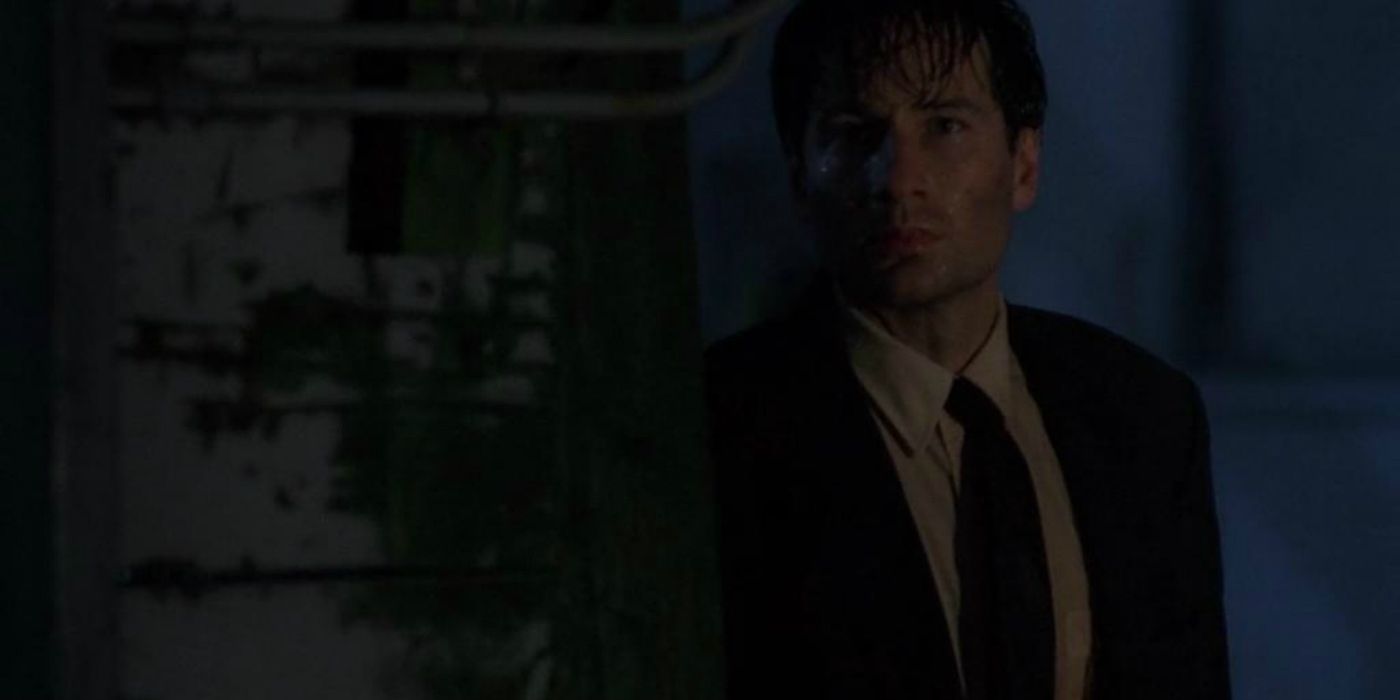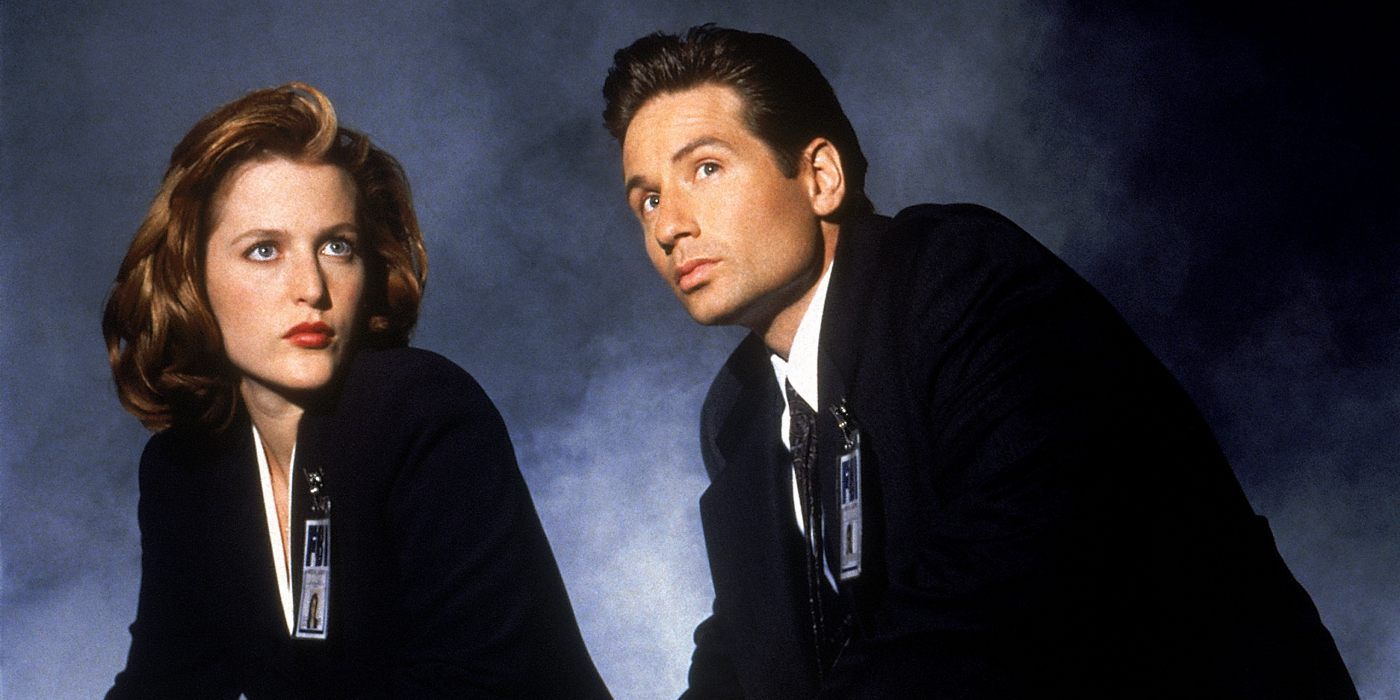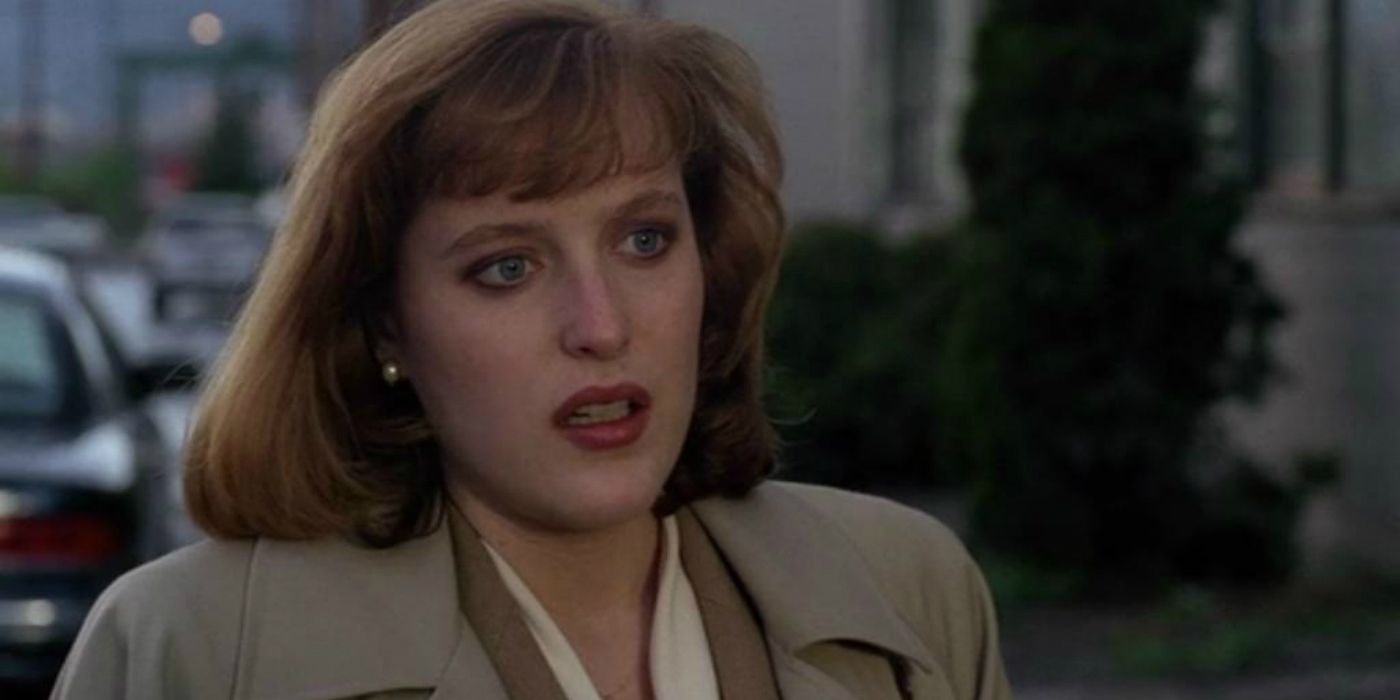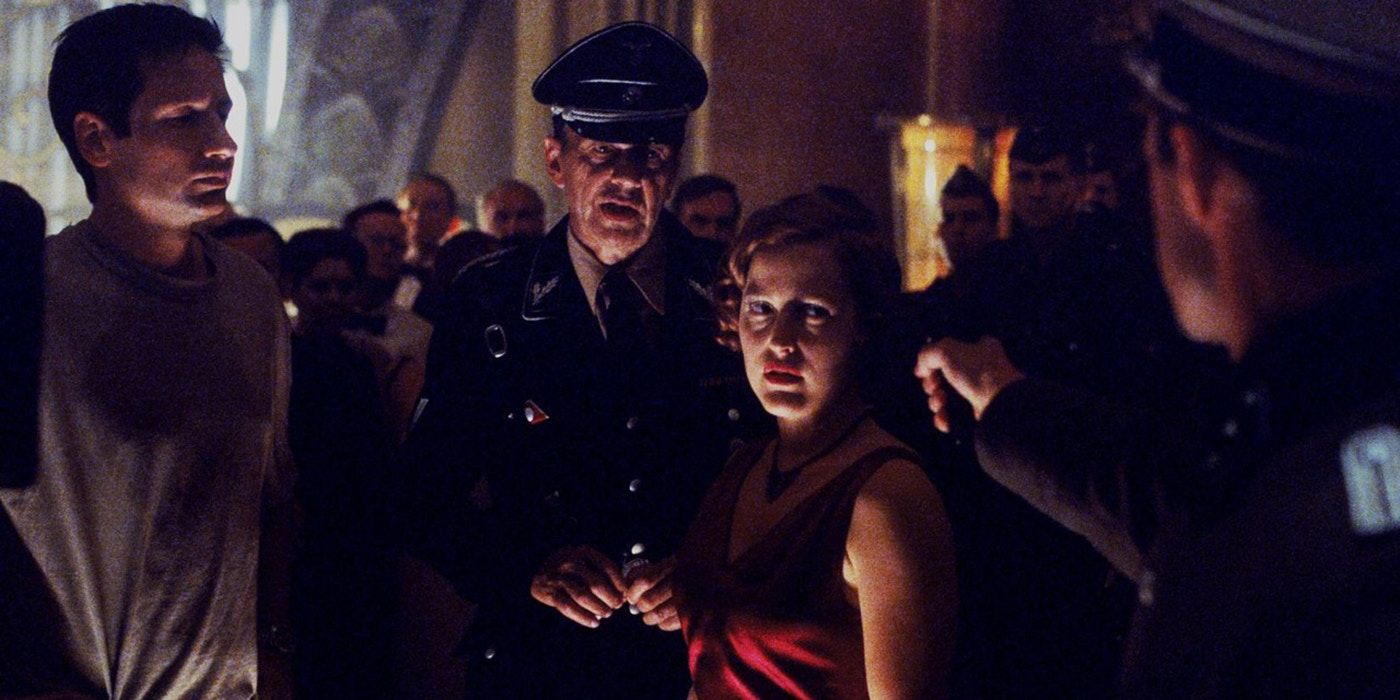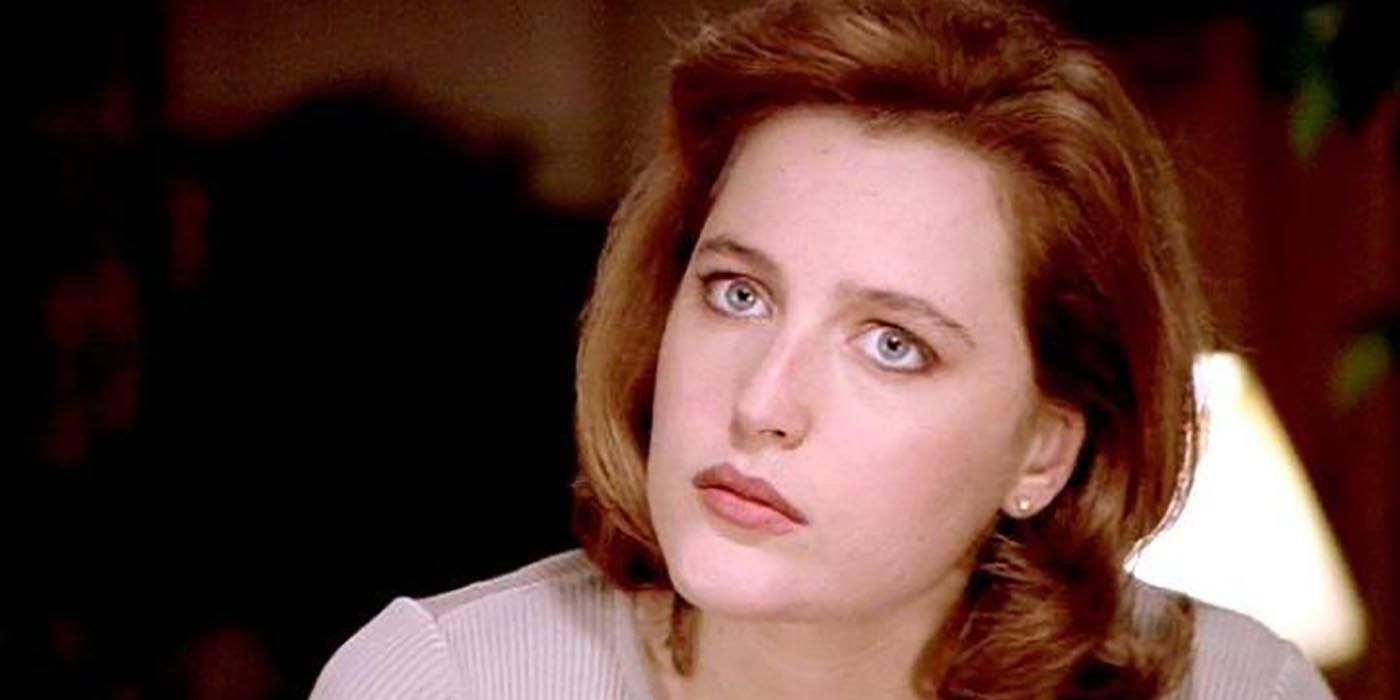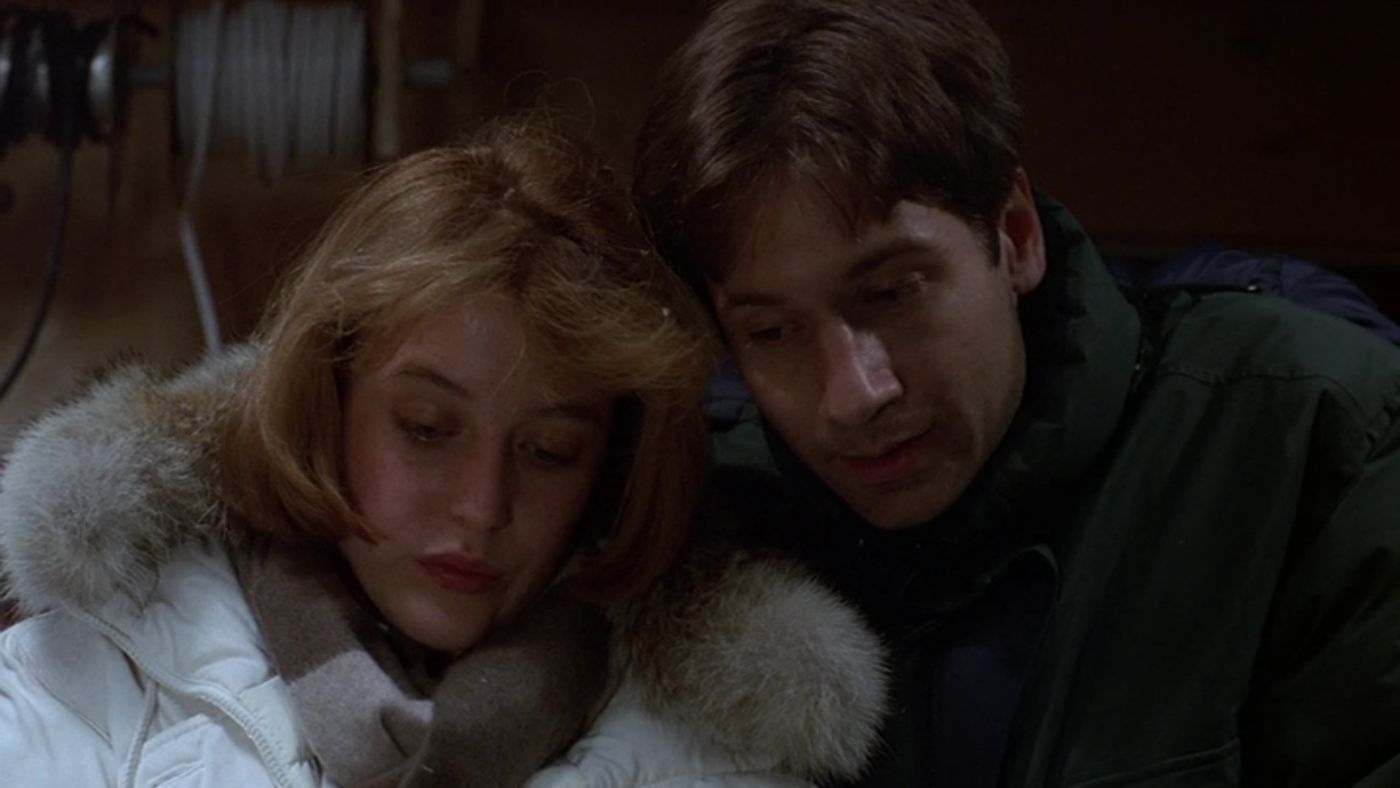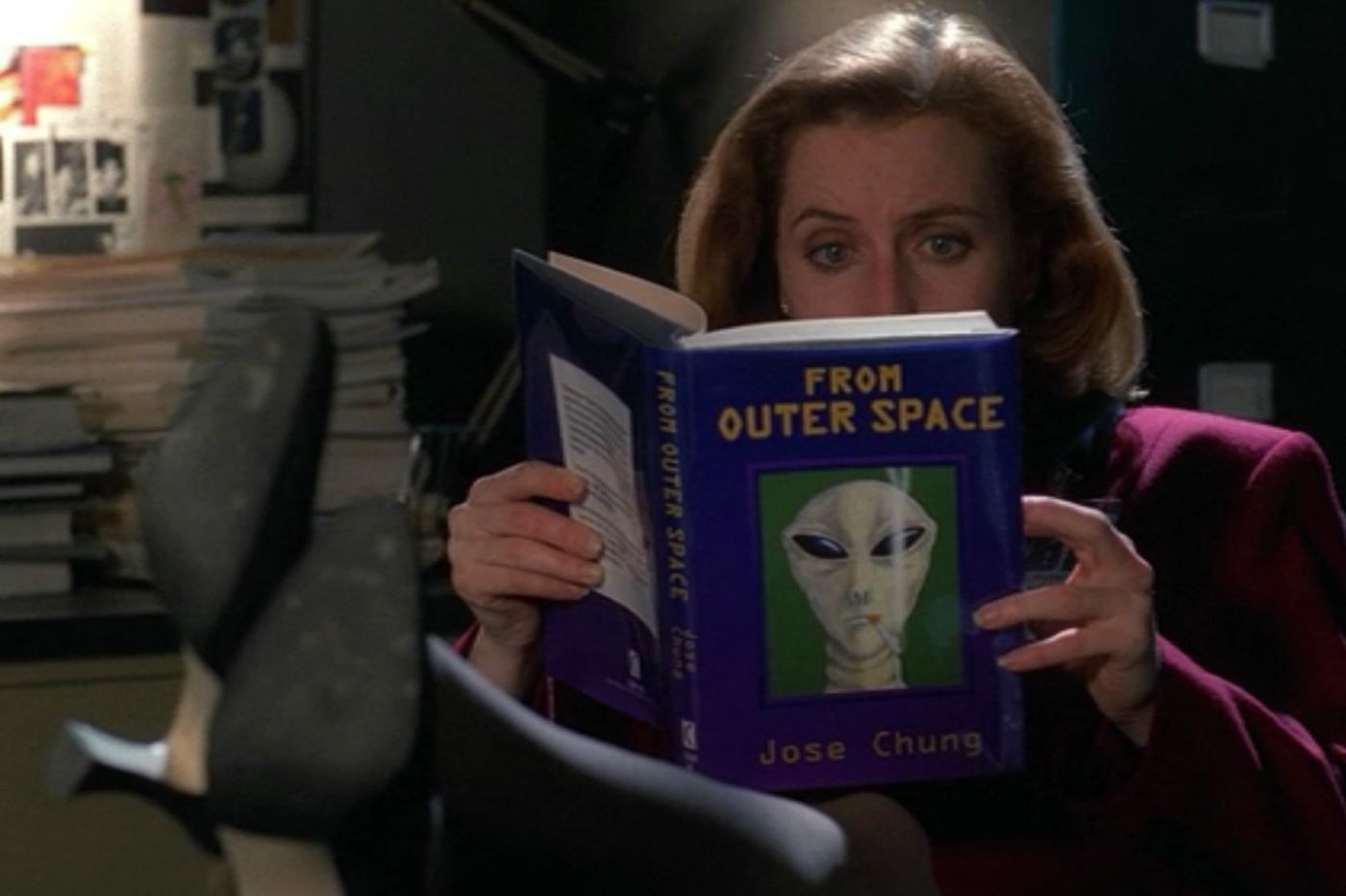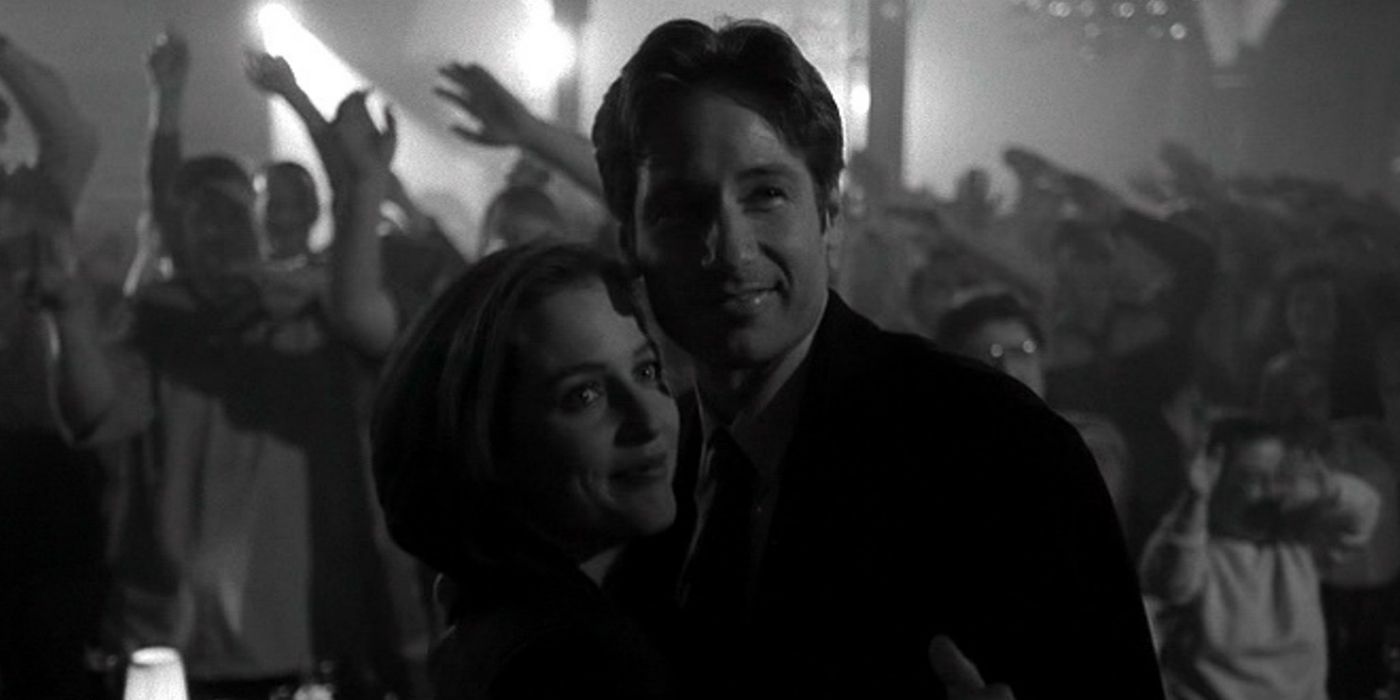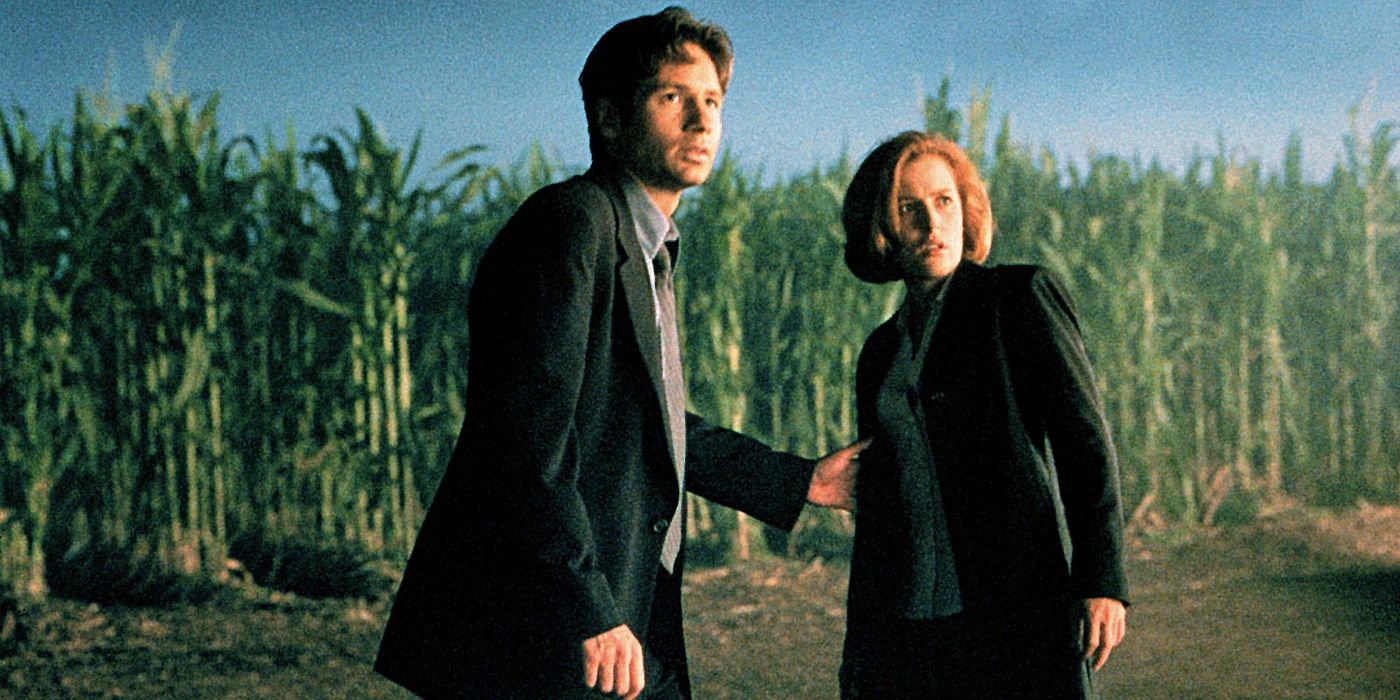The truth is out there... it seems that phrase is more relevant now than ever and way back in the 1990s, it was the tagline that was on everyone's mind. Created by Chris Carter and starring David Duchovny and Gillian Anderson (in career defining performances), "The X-Files" became a groundbreaking TV phenomenon that reinvented what science fiction could do for television. Big, heady, and magically cinematic, "The X-Files" was unlike anything that had come before. Part paranoid conspiracy thriller ("All The Presidents Men" and "3 Days of the Condor" are massive cinematic influences), part alien invasion, all revolutionary television; Carter's TV series remains a fierce and seminal piece of the genre.
RELATED:The 15 Most Underrated Genre Shows Of The Last Decade
With talks of more episodes in the future, here are our 15 best episodes of the classic series (just don't go making up any conspiracies if your favorite didn't make the cut, all right?!). Granted for a series that ran as long as "The X-Files" did, we're bound to miss on a couple of fan favorites, but hopefully these 15 are great examples of both stand alone episodes and mythology episodes.
15 DRIVE (Season 6, Episode 2)
No, not the Nicolas Winding Refn art-house action classic, but this glorious standalone episode was actually the first collaboration between "Breaking Bad" creator Vince Gilligan and Bryan Cranston. Gilligan, a driving force and co-executive producer of "The X-Files," actually wrote the episode. Cranston's performance in the episode was so great that Gilligan knew he only had one person in mind for the role of Walter White after that.
Cranston plays a man that is suffering from an illness but is also on the run and being pursued by the police (later by Mulder whom he believes the man to be part of an X-File) in a high-speed car chase across the Nevada desert. Intense, action packed and morally engaging, this episode showcases how Gilligan would always bring a deft humanism to his X-Files stories. With an incredible guest performance by Cranston (who humanizes what is essentially the monster of the week) and a taut self-contained mystery involving frequency waves, "Drive" is an utterly efficient and relentlessly paced mystery that never lets up until its emotionally powerful conclusion.
14 LITTLE GREEN MEN (Season 2, Episode 1)
"The X-Files" was never shy about the fact that at its core, it was a show about conspiracy theories and how the government uses its power to hide secrets. One of those was, of course, the existence of extraterrestrials which was a primary theme of the series that tied directly into Fox Mulder's (Duchovny) obsessions.
After the events of the explosive finale of Season 1, the episode is notable for featuring its first full-fledged extraterrestrial - a watershed moment for the series. One of the great aspects of this episode is how it effectively deals with Mulder's beliefs and how it toys with whether or not he actually witnessed what he's been searching for his whole life. With personal ties to U.F.O. encounters (Mulder's sister was after all abducted), the episode beautifully explores Mulder's own personal demons with alien life and how far he'll go looking for the truth - personal or non-personal. It's a marvelous season opener that shows Carter's series as both thought provoking and moving.
13 PIPER MARU/APOCRYPHA (Season 3, Eps. 15-16)
Written by Chris Carter and Frank Spotnitz (who would both shepherd the series all the way through the finale) and directed by Rob Bowman (who would also go on to helm "The X-Files: Fight the Future" film), this two-parter introduces one of the series' most terrifying villains: the dreaded black oil. With ties to the series' popular mythology, the black oil is easily one of the creepiest elements of the show.
Aside from introducing the villainous oil into the mythology, this two-parter is also a standout for Gillian Anderson's Scully. While the episodes are heavy on mythology building, they also serve as a chance for Scully to learn some difficult news regarding her sister's murder, and Anderson's performance in these are terrific being able to balance the detective side of the mystery with the emotion of Scully's personal trauma. With its combination of mythology foundation and character beats, this two-parter is an essential piece of "The X-Files" history.
12 BEYOND THE SEA (Season 1, Episode 13)
Despite being a traditional monster of the week episode, "Beyond the Sea" is actually a powerful reminder of the talent that Gillian Anderson would lend this show as Dana Scully. Dealing mostly with Scully's loss of her father and the profound emotional impact it entails, it is a powerhouse showcase for Anderson as an actress. Written by James Wong and Glen Morgan, Beyond the Sea beautifully reverses the dynamic between Scully and Mulder as she's dealing with an incredibly momentous moment in her life.
Unsettling, moving and refreshing in its character portrayal of Scully, this episode is one that also explores the recurring theme of father figures within the series. Having lost her father, Scully is haunted by whether or not her father was proud of her achievements throughout her life. That dilemma is one that is at the heart of this episode and one that makes Scully into the believer of the case, which usually falls into Mulder's personality.
11 MUSINGS OF A CIGARETTE SMOKING MAN (Season 4, Episode 7)
A good prequel story enhances the world that we've grown accustomed to and gives us something we've never seen before about something that we're entirely familiar with. Written by Glen Morgan and directed by James Wong, this episode does what a great prequel story should do in spades. It gives the origin of the main antagonist of the series, the sinister and mysterious Cigarette Smoking Man (the incredible William B. Davis), and sheds light on how he became the main villain of the series.
Combining real life events (like the J.F.K. assassination) with major events of the series, this episode beautifully adds to the mythos of the series by essentially telling the villain's story. The episode is a great showcase for Davis and it even has an unreliable narrator device that efficiently adds to the series' main conspiracy theme. At times feels like revisionist history but what's interesting is that it also adds to the show's history by showing the character's involvement with Mulder and Scully and the world of the show.
10 NISEI/731 (Season 3, Eps. 9-10)
"The X-Files" was always excellent at delivering edge of your seat two parters and this one is full of thought provoking mystery. Part of the show's mythology arc, the episodes tell the story of Mulder and Scully investigating the corpse of an alien autopsy. While Mulder puts his own life at peril in order to find out whether or not the corpse is real, Scully tries to discover the truth about her abduction.
Written by Carter, Spotnitz and Howard Gordon (yup, the co creator of "Homeland") this episode is steeped deep in the mythology lore but what is fascinating about it is how it almost gives Scully the believer role as well with her arc in dealing with the truth about her abduction. It's almost like she wants to believe but she has to go through the facts first and starts investigating the MUFON group- which helps women who've been abducted just like her- and discovers that they also share similar traits thanks to their experience. This two-parter in a way represents what is great about "The X-Files," it's both large in scope but intimate in character relations.
9 CONDUIT (Season 1, Episode 4)
One of the biggest story arcs of the show is Mulder's quest to rescue his sister. It's something that is inherently tied to his drive to find out the truth and as a result is absolutely tied into the D.N.A. of the series. So it comes as no surprise that when Mulder and Scully investigate the possible abduction of a young girl, Mulder immediately becomes emotionally involved in the case.
While it doesn't necessarily advance the mythology of the show in any way, the episode does shed more light on what exactly happened to Mulder's sister plus it serves as a reminder of how personally invested he is when it comes to U.F.O. encounters. It's an episode that effectively shows how the theme of obsession and the quest for the truth can become personal to the point that it shows how Mulder is driven by his pursuit to find his sister. The episode features a remarkable performance by Duchovny and it beautifully expands upon Mulder's back-story with U.F.O.s in a personal and emotionally satisfying manner.
8 THE ERLENMEYER FLASK (Season 1, Episode 24)
Season 1 of "The X-Files" represents, in many ways, the show finding its confident footing but without a doubt one of the best episodes of the freshman season is the explosive finale. Mulder and Scully investigate government evidence that might be tied into a cover up dealing with alien DNA. As they get closer they discover that they're being targeted by sinister assassins that might be tied to the bigger alien conspiracy. "The Erlenmeyer Flask" is an episode filled with big reveals and game changing developments.
The episode is a masterstroke on how to do finales; several of the recurring story threads that had been explored throughout the season are resolved while new ones are left in the open for the second season to develop. While its a big episode for Mulder and Scully as they dig deeper into mysterious government conspiracies this episode is a standout for the character of "Deep Throat" (played with a great enigmatic presence by Jerry Hardin).
7 TRIANGLE (Season 6, Episode 3)
The Bermuda Triangle and "The X-Files" make for a winning combination and couldn't be truer with "Triangle" -a tour de force of technical proficiency and delightfully trippy storytelling. While investigating a mysterious disappearance, Mulder becomes trapped in a different time while Scully races to save him. With its dreamy tone (think David Lynch meets Alfred Hitchcock meets "The X-Files"), this episode is a fascinating stand alone story that plays with the viewer's perception, as well as Mulder's, of what is real and what is not.
Duchovny shines in a great performance while several of the show's supporting players, like Mitch Pileggi or William B. Davis, excel in different scenes by playing characters in the past. "Triangle" offers a chance for Carter to flex some of his directorial flourishes in what is an ambitious, confident and wildly ambitious piece of storytelling that feels as mysterious as the Bermuda Triangle itself. To add to the surreal vibe of the episode, Carter shot many of the scenes in one long take to give the impression that Mulder is definitely not in the same space as he normally is.
6 MEMENTO MORI (Season 4, Episode 14)
"Memento Mori" is an absolutely essential story that remains one of the most dramatically powerful episodes of the entire series. Written by Carter, Spotnitz, Gilligan and John Shiban, "Memento Mori" reveals the fact that Scully has a rare tumor and is in fact diagnosed with cancer. Mulder's character arc as the constant believer is put to the test when he argues that Scully's abduction led to her symptoms.
Featuring powerhouse performances from Anderson and Duchovny, this episode wonderfully handles the mythology aspect of the show through a very personal lens. By seeing how the ramifications of a U.F.O. abduction affect Scully and Mulder on a very personal level the show expertly mixes its fantastical storytelling with a raw and human touch for an unforgettable episode. Not only does it rank as one of Carter's favorite episodes but it also gave Anderson her very well-deserved Emmy win for Outstanding Lead Actress in a Drama Series.
5 ICE (Season 1, Episode 8)
Anytime an episode is inspired by John Carpenter's "The Thing," you know it has to live up to some pretty lofty expectations but thankfully "Ice" more than lives up to the expectations. While examining a mission in Antartica, Mulder and Scully discover that an alien parasite is at large and is the reason for making its victims filled with rage. What is essentially a bottle episode - meaning these are the episodes that are filmed in one location in order to save money - is one of the most suspenseful hours that "The X-Files" has ever done.
With stellar guest performances from Xander Berkeley and Felicity Huffman, "Ice" has all the slow burn tension of Carpenter's chilly masterpiece. With wonderful suspense and horrifying sequences, this episode also is an early glimpse at how Mulder and Scully's relationship began to develop across the series. "Ice" also features an all star team behind the scenes; James Wong and Glen Morgan wrote the script while David Nutter ("The Rains of Castamere") directed assumes directorial duties.
4 JOSE CHUNG'S FROM OUTER SPACE (Season 3, Episode 20)
It's no secret that "The X-Files" sometimes embraced its comedic nature throughout various episodes but "Jose Chung's from Outer Space" is a delightful highlight that adds a touching dose of meta humor to the story. Mulder and Scully investigate an alien abduction incident where two abductees tell the same story but through different points of view. With a "Rashomon" point of view device and a script (from Darin Morgan) that melds together the supernatural with a more comedic approach, this Season 3 episode stands as one of the show's most daring classics.
The title of the episode of course comes from the author featured in the episode, Jose Chung, as he sets out to tell the story of what really happened. Funny, self-reflexive and oddly charming in presenting a familiar trope for "The X-Files" through a completely different approach, this episode represents how great the show was at handling science fiction and comedy as a whole.
3 THE POST MODERN PROMETHEUS (Season 5, Episode 5)
Chris Carter has cited many sources for influencing different episodes of the series (ranging from '70s conspiracy thrillers to classic literature) and this Season 5 episode owes a lot to Mary Shelley's "Frankenstein." In the episode Mulder and Scully take care of a monster that was the result of an experiment, in a nod to the classic Frankenstein mythos, by a doctor and they discover that he is not "the monster" that the townspeople are making him out to be.
Strikingly shot in black and white (as an homage to classic monster movies, specifically "Frankenstein") and featuring a great deconstruction of the classic monster story, Carter's season five stunner stands tall as one of the best standalone episodes of the series. What makes this episode stand apart is not only the craft behind it but also, the balance of tones that Carter achieves. At once poignant yet heartbreaking and other times being hilarious in its monster approach, "Prometheus" is a delight to watch and a great introduction to the series for anyone that hasn't seen it.
2 HOME (Season 4, Episode 2)
Horror. That is one of the genres that "The X-Files" excelled at and nowhere is this more apparent than in "Home." When Mulder and Scully travel to Home, Pennsylvania they come face to face with the terrifying Peacocks, a family of deformed farmers. Brutal, surreal and completely unflinching in its portrayal of violence (the episode caused controversy as it was the first episode of the show to carry a TV-MA rating), "Home" is a masterpiece of horror and a true classic of "The X-Files."
Written by James Wong and Glen Morgan, "Home" is the writing duo at the top of their brutal game. It masterfully addresses topics like motherhood, a twisted deconstruction of the nuclear family - the Peacocks are akin to the mutant family in Wes Craven's classic "The Hills Have Eyes" - and primal fear. The episode features some of the show's most disturbing moments and proudly stands as the quintessential monster of the week episode.
1 COLONY/END GAME (Season 2, Eps. 16-17)
A groundbreaking two-parter that further developed the complex mythology by introducing one of the series' best villains: the alien bounty hunter. When a couple of human clones are murdered, Mulder and Scully search for the truth as they are caught in a deadly game of cat and mouse with the sinister alien bounty hunter. But that's not all, Mulder's sister, Samantha, also returns or so Mulder thinks so.
What is incredible about this two-parter how it further develops the mythology to include crazier ideas about clones, alien/human hybrids and so much more. Grand, ambitious and exciting, "Colony" and "End Game" actually manage to feel like a game changing season finale but instead a right in the middle of the season two-parter that completely changes things for the show. With great performances by Duchovny and Anderson, as well as a terrific debut from Brian Thompson as the alien bounty hunter, these two episodes are magnificently constructed and feature the mythology of the show used in a fascinating and thought provoking story that is quintessential "X-Files."
Did your favorite episode make the list? Tell us in the comments which ones you loved the most!

